EdTek for Legal Practice
In today's fast-paced legal world, EdTek leads the way in using advanced AI to change how law firms work. Our solutions help create documents faster, improve accuracy, and keep client information secure.
What EdTek can do for Law Firms
Identify the categories of transactional documents prepared by the firm that lend themselves to the use of a customized LLM to create a first draft. Examples of document types that may lend themselves to this approach are:
- 1. Semi-standard M&A documents (e.g., stock purchase agreements)
- 2. Real estate documents (e.g., commercial mortgages, real-estate acquisition agreements)
- 3. Employment-law documents (e.g., executive employment agreements; employee handbooks.)
Create customized databases of a law firm's past transactional documents to guide the drafting process. The documents can be stored in-house at the firm. In contrast to out-of-the-box "public LLMs" like GPT-4, this ability to store past documents and our customized LLM software solely on the law firm's own servers guarantees client confidentiality.
Allow a drafter (e.g., an associate) to describe the type of document needed, together with its detailed provisions. The drafter uses Plain English commands to describe what the document should cover; zero programming is required.
Provide ongoing updates and improvements to ensure the LLM software evolves with the firm's needs. Regularly updating the system with new transactional documents and feedback ensures that the software remains relevant for the firm and its clients.
How We're Different
Here are a few of the ways we're different from other software companies that provide LLM-based solutions to law firms
We solve the "hallucination" problem (where the LLM "makes things up") by using a cutting-edge technique called graph and "Retrieval-Augmented Generation" (“RAG"). RAG lets us guarantee that only materials derived from the law firm's own pre-specified historical documents will be relied on in creating the new draft document.
Example: To create a stock purchase agreement, we would first access a set of the law firm's own curated agreements used in past stock-purchase transactions. The user would then request a new customized draft, and our system will guarantee that the draft will be based solely on those prior agreements. There's no opportunity for the LLM to "make up" a source or to misrepresent what a source says.
When we create a draft document, we can cite to, and show, exactly which law firm historical documents were relied on in crafting each provision, including the relevant passage, page number, and other identifying information. Standard LLMs, based on massive "corpora" of billions of publicly available documents scraped from the web, cannot do this.
We provide a completely customized solution for each type of document on which the firm would like drafting assistance. And we give the user the power to request as many rounds of improvement of the document as desired, via Plain English instructions..
Example: Suppose we create a specialized app that does a first draft of executive employment agreements. The app would ask the drafter a series of precise questions applicable to that particular type of agreement (e.g., "Do you want to include a non-compete; if so, what geographical area, type of work and duration should it cover?"). After the app produces a first draft, the drafter can then, using plain-English instructions, request as many rounds of requests for improvement as desired (e.g., "OK, but now expand the non-compete clause so that it applies to activities that would compete with the employer's affiliates' activities, not just the employer's own activities.")
For each special-purpose app we create for you, we'll provide (1) extensive documentation of the app's features, as well as (2) user-training and support for that particular app.

